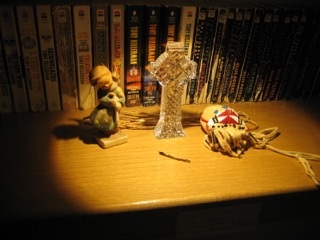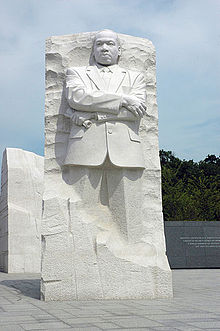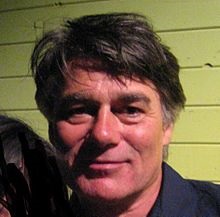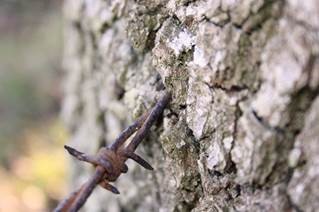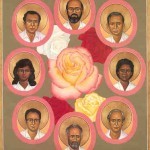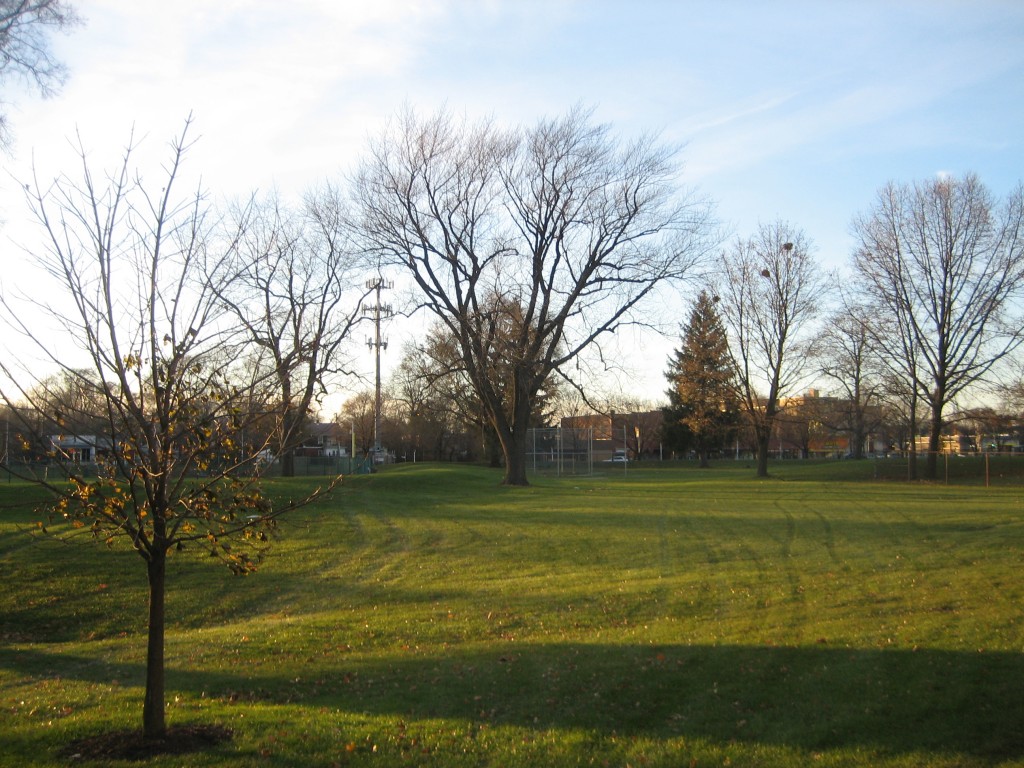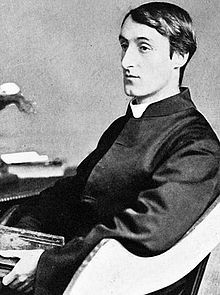Wednesday December 3 “Stories of fatigue and doubt”
The further north you live, the steeper the decline of light as the sun’s angle toward the earth casts longer shadows over shorter patches of daylight. What we call Winter around here is as much about the thinning of the light as it is about ice and cold. As I walk around campus running M&I errands these days after Thanksgiving Break, I hear stories of fatigue and doubt. And grief. Perhaps that’s why the Christian Advent poetry brings captivity and fear close together with outrageous hope and promise. Several Swedish friends who live a little further north than I do, have designed their homes with small pools of bright light backgrounded with dim spaces. Learning from them, I try some of the same where I live.
Today in Detroit: Sunrise 7:45 Sunset 5:01 hours of daylight 9 hours 16 minutes
Today in Stockholm: Sunrise 8:22 Sunset 2:55 hours of daylight 6 hours 33 minutes
Maybe the jagged self-doubt today’s poet finds while watching the last frozen apple fall into an early snow bank is part of what helps us recognize some necessary balance: no doubt, no new discovery; no fatigue, no joy, no discouragement, no place where soul friends can love us.
Today’s a short poem; best to read aloud, with a couple pauses and a moment of stillness to end the reading time.
Thomas Merton wrote once, perhaps in the teeth of our doubts:
“There is no way of telling strangers they are all walking around shining like the sun.”
Have a blest day,
john sj
Jane Kenyon: “Apple Dropping Into Deep Early Snow”
Posted by Phyllis Cole-Dai on Nov 24, 2014 12:00 am
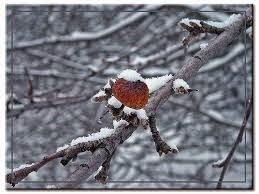
A jay settled on a branch, making it sway.
The one shrivelled fruit that remained
gave way to the deepening drift below.
I happened to see it the moment it fell.
Dusk is eager and comes early. A car
creeps over the hill. Still in the dark I try
to tell if I am numbered with the damned,
who cry, outraged, Lord, when did we see you?
“Apple Dropping Into Deep Early Snow” by Jane Kenyon, from American Poetry Review (online edition, March/April 1985).
Art credit: “Apple in the Snow,” photograph by Roger Lynn.


